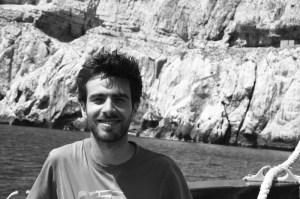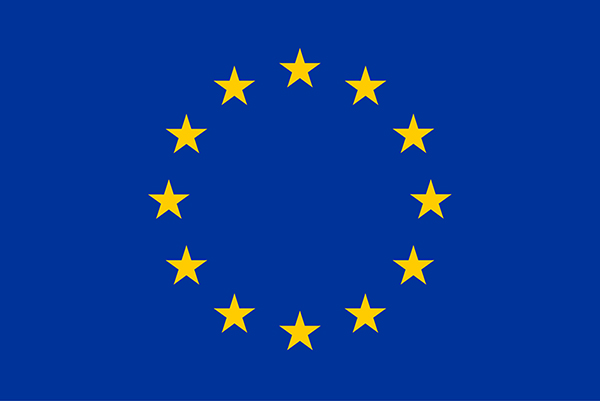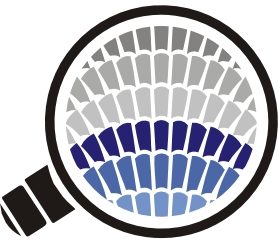SEArch
Sea harvesting in the transition from hunter-gatherer to farmer societies. Archeological microscopic and molecular approaches to shell midden stratigraphy
SEArch is an inquiry to the role of Prehistoric coastal adaptations in the foraging-farming transition of coastal areas of Atlantic Iberia, exploring shell middens formation to unravel past human behaviours towards the sea and coastal ecosystems’ changes. The human-generated sediments that constitute shell middens will be analysed with the most recent advances in archaeological organic chemistry, microparticle analysis and microstratigraphic techniques to explore the ‘invisible’ uses of aquatic resources in Prehistory. To contribute to our knowledge about the first contacts between Mesolithic and Neolithic populations, and potentiate our ancient connection to the sea to foster sustainability of coastal ecosystems are major aims of the project.

I am Carlos Duarte Simões, a researcher of the Interdisciplinary Centre for Archaeology and the Evolution of Human Behaviour (ICArEHB) at the University of Algarve (Faro, Portugal). I am leading the SEArch project, thanks to a Widening Fellowship of the European Union’s Horizon2020 research and innovation programme with the Grant Agreement ID 101003409. View my profile at ICArEHB website here, and contact me here.
Vera Aldeias is the project supervisor. She is the coordinator of the Prehistoric Coastal Adaptations Research Group at ICArEHB and of the GeoArch Team, which this project integrates. Her research includes experimental programmes and microstratigraphic analisys on shell midden and early pyrotechnological contexts. Find out more about her research here.
The SEArch programme includes a training secondment at the AMBI LAB group, led by Carolina Mallol, at the Universidad de La Laguna (Tenerife, Spain).
This research is possible thanks to close collaboration with Mariana Diniz, Pablo Arias and Igor Gutiérrez Zugasti, and their research projects based at Uniarq Centre of Archaeology – University of Lisbon and at the IIIPC – University of Cantabria.




